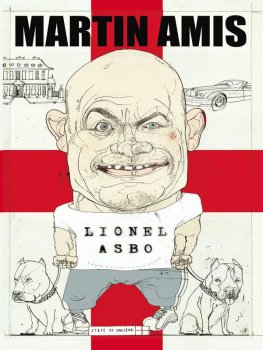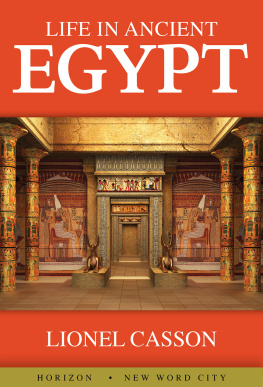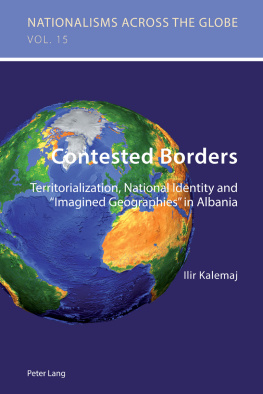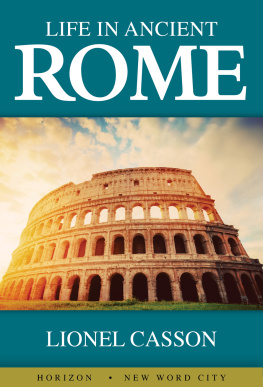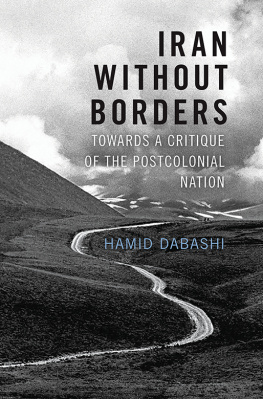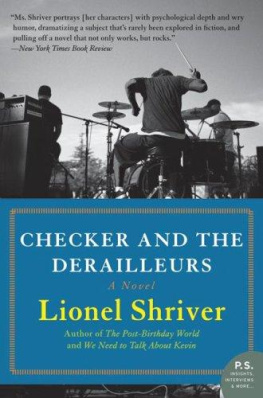THE FRENCH-CANADIAN NATIONAL IDENTITY issue is one that historians rarely seem to tire of. There is in our historiographyfrom Franois-Xavier Garneau to Grard Bouchard, including Fernand Dumont and, of course, Lionel Groulxa tradition which, despite different interpretive and methodological frameworks, makes the nation one of our preferred subjects of study. Is this just the normal reflex of a minority afloat in a vast Anglo-Saxon sea, anxious about its own precarious state? A partial explanation, no doubt, but a passion for national history has evidently not been the preserve of French Canada alone.
Immediately after the Second World War, two competing historical interpretations of the national question placed the matter of the economic inferiority of French Canadians at the centre of their concerns. The first, the cole deMontral, attributed their current situation to the Conquest of 1760, which, by robbing Canadien elites of control of the political and economic levers, had created a veritable national catastrophe. The cole de Qubec approached the issue instead with a severe critique of the Ancien Rgime mentality of French Canadians, an attitude embodied even in the twentieth century by clerico-nationalism. This, they felt, is what had delayed the economic development of French Canadians by steering them clear of modernity and devaluing material progress.
In the decades that followed, history as a discipline underwent the breakup and fragmentation imposed on it by the ascendancy of social history, and retreated somewhat from the national issue. The new generations of historians, deeming national, political or traditional history too narrow and elitist, shifted their focus, instead, to the history of workers, women, ethnocultural minorities, regions, social practices and so forth. Traditional national history therefore lost its preponderance among researchers. In spite of this shift in priorites, however, nationalism, as a field of historical analysis in search of its own autonomy, experienced an appreciable upswing. In fact, since the 1950s, the field has always had one researcher or another studying either the apparatus and institutions of French-Canadian nationalism or its principal ideologues, including of course Lionel Groulx who, being the national historian that he was, himself became transformed into a subject of historical study.
While interest in the issue of the nation and nationalism is continually renewed, this does not always benefit historical knowledge. Redefining the concept of nation in terms of the territory of Quebec alone, which we have seen happening for some decades now, entails the risk at times of transposing contemporary issues into a past that to a great extent had not yet encountered them. There is no more convincing example of this development than the treatment given to the French minorities, starting in the 1950s, by most historians of French-Canadian nationalism. The historiography of the last sixty years neglects the place of the minorities in traditional nationalist ideology, most studies reducing them, more often than not, to near invisibility. This relative indifference toward the minorities and toward the issue they represent no doubt stems from the emergence of a new paradigm among historians, intellectuals and politicians during the postwar period and a fortiori during the 1960s, the paradigm of the Qubcois nation. The great political and intellectual debates that have gripped Qubec since the Quiet Revolution are also evident in the academic writing of a good many of its researchers. This type of methodological, or even ideological, approach, in which the nation is defined in terms of the territory of the Qubec state, goes hand in hand, however, with an immense conceptual problem, for it overlooks a large area in the history of the French-Canadian nation. The relationship it depicts between nationalist circles in Qubec and those in the other provinces is at best incomplete.
This first chapter seeks to identify the principal trends in the historiography of French-Canadian nationalism and, more precisely, to determine the importance given to the French minorities of Canada in this area of study. Since the 1950s, a good many historians of French-Canadian nationalism, despite their disagreement on a number of other issues, have adhered to the theory of provincialism concerning Lionel Groulx and the movement he led. They were no doubt influenced in this regard by the way nationalist discourse had been transformed following the Second World War. More recently the theory of the Americanity of Qubec, which has stirred up some stormy debates among historians and intellectuals, has contributed to obscuring even further the issue of relations between Qubec and the French minorities. It is only in the last twenty years that a handful of historians have broadened their perspective by seeking to better define the ties, both ideological and institutional, uniting the French minorities and the nationalist groups in Qubec.
French-Canadian Nationalism and the Emergence of the Theory of Provincialism
The 1940s and 1950s, ideologically speaking, represent a turbulent period in French Canada. In the aftermath of the political, social and economic upheavals of the economic crisis of the 1930s and especially of the Second World War, Canada, like so many Western countries, entered a period of unprecedented economic growth. Demographically, this prosperity brought a spectacular increase in the birthratethe baby boom. It was an era that saw the democratization of the automobile, the rise of suburbs, the growth of urban centres and the development of new means of communication, the television being its iconic symbol. In such a context of modernization, urbanization and economic development, and in accordance with the Keynesian principles that were becoming more widely accepted, governments took on an increasingly prominent role in social and economic planning as part of an effort to avoid a return to the extreme poverty of the 1930s. Furthermore, in Canada, the federal government, feeling empowered by its war experience and the recommendations of the Rowell-Sirois Commission on federal-provincial relations (19371940), henceforth sought to concentrate in its own hands powers and responsibilities that, from a strictly constitutional point of view, normally fell under the jurisdiction of the provinces. Thus began a lengthy dispute between the federal government and certain provincial governments surrounding the question of the centralization of powers. In Qubec, the Union Nationale premier, Maurice Duplessis, sang the praises of provincial autonomy by systematically refusing to participate in several shared-cost programs designed and implemented by the central government. In 1954, he also imposed a provincial income tax despite Ottawas opposition.
It was in this context that certain intellectuals began to criticize traditional nationalist ideology, which in their view had not adapted to the socioeconomic climate or to the challenges of modernity. According to historian Michael Behiels, the critique was organized into two camps. On the one hand, there were the neo-liberals gathered around the In both groups, it was deemed that traditional nationalist ideology, by idealizing agriculturisme and disparaging economic, industrial and urban progress, had been maintaining the economic inferiority of French Canadians compared to Anglo-Saxon society. Both movements condemned what they considered to be the clericalism and anti-statist sentiment of the traditional ideology. They preferred to see in the state a mainstay that French-Canadian society could no longer do without.


